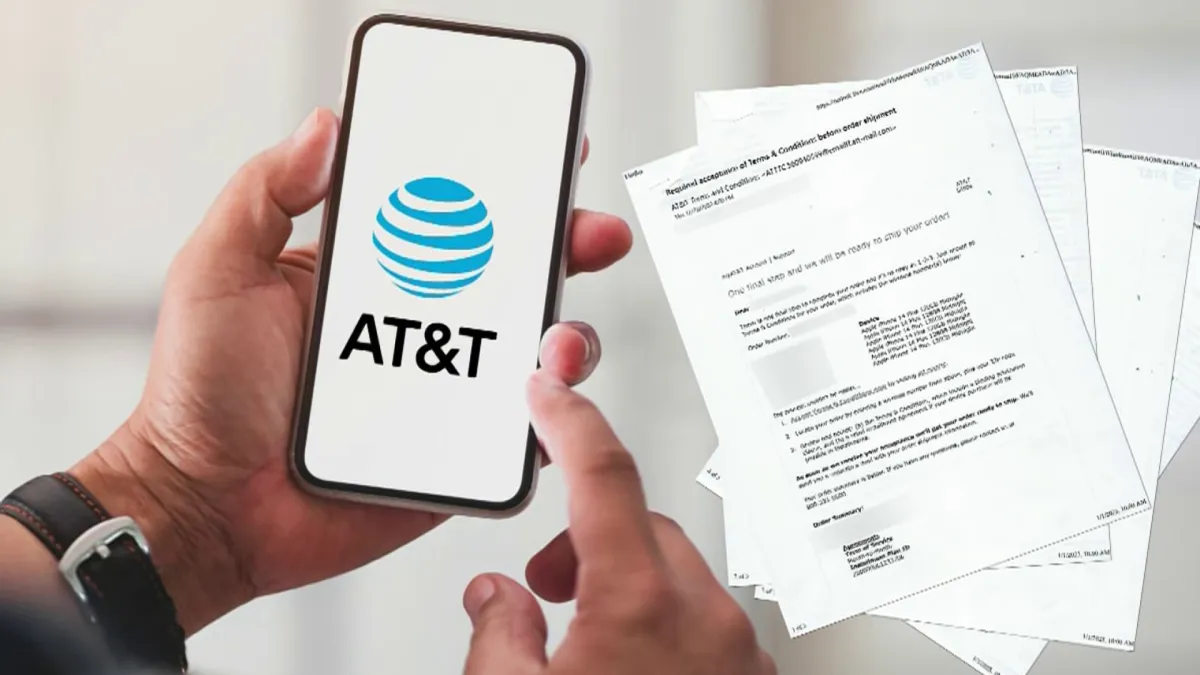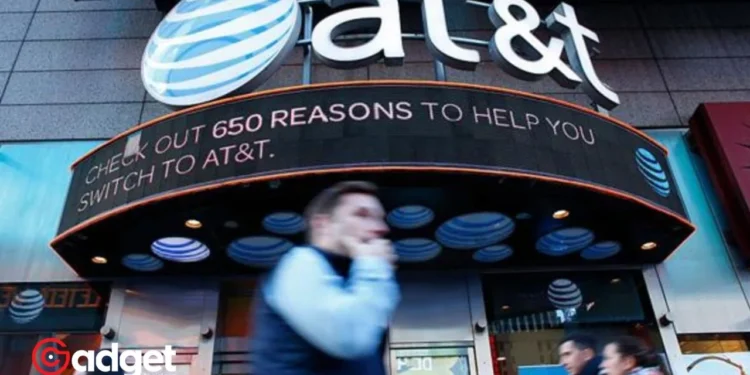In a revelation that sent shockwaves through the corridors of corporate and political power, AT&T has agreed to pay a substantial $23 million fine to settle a federal criminal investigation. This case has laid bare the telecommunications giant’s involvement in a scheme to sway legislative decisions in Illinois through illicit means.
The announcement, made by the Department of Justice, marks a significant moment of accountability for AT&T, a company that prides itself on its ethical standards and business practices.

The Scheme Unraveled
The crux of the investigation revolved around AT&T Illinois’ attempts to manipulate the political landscape to its advantage. Central to this scheme was an effort to influence Michael J. Madigan, the former Speaker of the House in Illinois, through financial incentives directed to one of his close allies.
This maneuver was not about lobbying in the traditional sense; it was about securing a legislative outcome through underhanded means. AT&T admitted to orchestrating payments totaling $22,500 in 2017 to a confidant of Madigan, aiming to secure the politician’s support for a bill that would relieve AT&T Illinois of its obligation to provide landline phone service to every resident of the state.
What makes this case particularly egregious is the admission that no actual work was expected or received in return for these payments. This was a clear quid pro quo: money for legislative influence.

Legal Repercussions and Corporate Admission
The legal fallout for AT&T Illinois includes a deferred prosecution agreement, under which the company has conceded to its role in this corruption. The scheme was facilitated through a lobbying firm, employed as a smokescreen to veil the true nature of the payments.
In a parallel development, Paul La Schiazza, former President of AT&T Illinois, faces charges stemming from this investigation, underscoring the individual accountability within the broader corporate malfeasance.
This case extends beyond AT&T and its executives, reaching into the political realm. Michael Madigan, a towering figure in Illinois politics, along with his associate Michael McClain, has been indicted on related charges, painting a picture of a deep-seated network of corruption that sought to merge financial gain with political power.
At AT&T, we are looking forward to the start of a ten-year roadmap towards the digital transformation of Japan’s economy and society as laid out in @AmChamJapan’s Japan Digital Agenda 2030. Learn more at Masaru Ogawa's blog post: https://t.co/hsoZBeaoyW pic.twitter.com/v7Ql2X8GVs
— AT&T Policy Intl (@ATTpolicyintl) March 16, 2021
AT&T’s Response and Future Commitments
In response to these revelations and as part of its agreement with the Department of Justice, AT&T has not only agreed to the financial penalty but also to a series of ethical reforms. The company has pledged to overhaul its compliance and ethics programs, promising transparency and accountability in its future operations.
This includes cooperating with ongoing investigations and reporting its progress in implementing these reforms. AT&T’s statement to the press was unequivocal: “We hold ourselves and our contractors to the highest ethical standards. We are committed to ensuring that this never happens again.”
This assertion reflects a recognition of the damage such scandals can inflict on a corporation’s reputation and the necessity of stringent internal controls to prevent recurrence.

The Broader Implications
This case is a stark reminder of the perils of corporate involvement in political processes. It exposes the vulnerabilities in our legislative system to external influence and underscores the need for robust legal and ethical frameworks to govern corporate lobbying and political contributions.
For AT&T, this episode is a costly lesson in the consequences of straying from the path of integrity. For the public, it is a call to vigilance, to ensure that the democratic process is not undermined by the confluence of money and political power.
As AT&T navigates the aftermath of this settlement, the broader implications for corporate governance and political integrity remain a subject of intense scrutiny. The hope is that this case will serve as a deterrent to similar conduct in the future, signaling a commitment to ethical business practices and respect for the legislative process.










